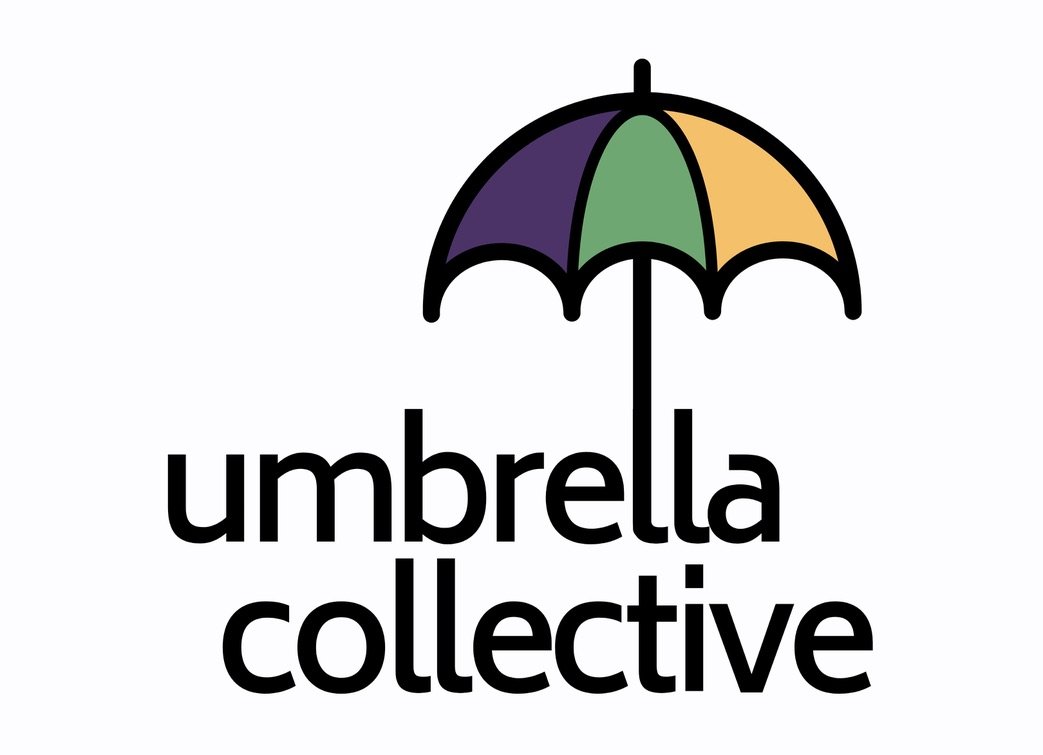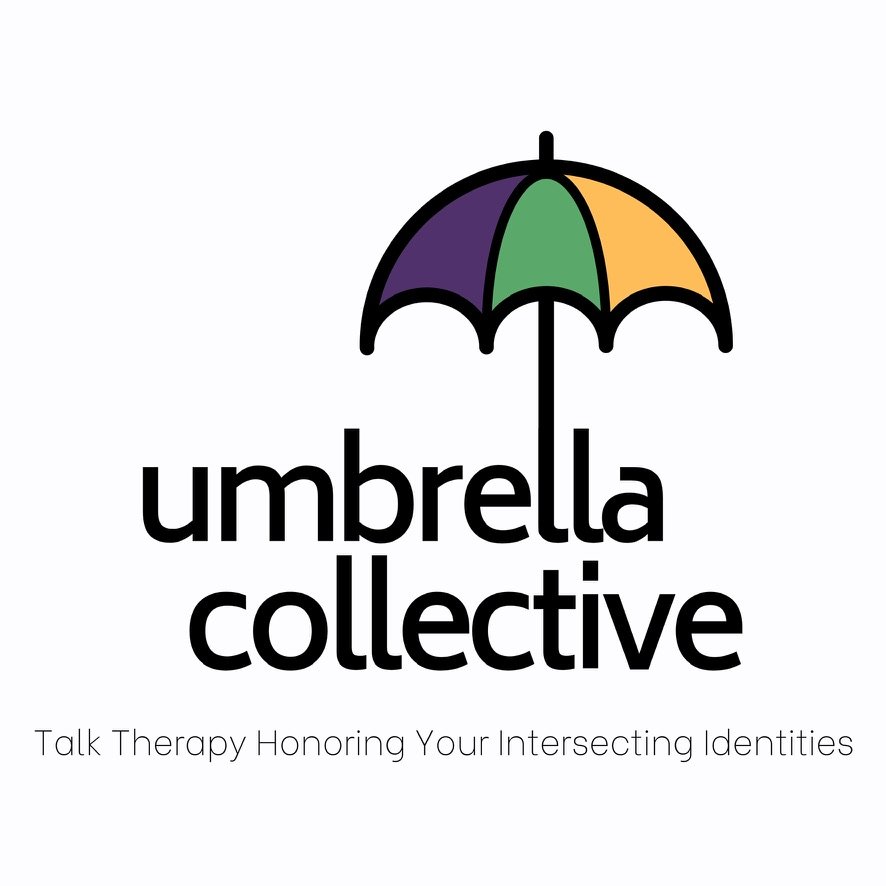Grief Season
/For many people, autumn and winter are the “grief seasons”.
The loss of daylight, loss of green as plants turn brown, and loss of the freedom to leave our homes without an extra layer, can all feel like grief.
Yearly traditions can be a reminder that some people aren’t here this year, and the loss of them can feel like grief.
Holidays with or without family can feel like grief; sometimes because of the loss of connection that we did have with family and don’t have anymore, and sometimes because of the loss of connection that we never had with family, but desperately needed, and feel the absence of, everytime we’re with them.
If you’re feeling grief this grief season, here are a few things to remember:
This is normal and common. Everyone experiences grief in reaction to all kinds of losses, not just death. A lot of people feel grief come up more strongly during certain times of the year, and knowing your own “grief season” can help you give care and compassion to yourself while the pain is more present for you.
During autumn and winter, all living things slow down. In this way, you are no different than the tree outside your window, or the frog frozen in the mud. It is normal to have less energy, and less mental, emotional and physical capacity during this time of year. Give yourself permission to go slow. Allow yourself to accept that this may be a time of turning inward, of constricting, rather than of turning outward and expanding. It is the existence of both of these ends of the spectrum that gives us balance.
In order to give yourself permission to go slow and turn inward, you might have to more assertively reject or challenge the layers of ideology we’ve internalized from white supremacist ableist capitalism.
A few affirmations to help with this:
I am not a machine in a factory, I am a living thing in a living environment.
I may need to work to survive, but I am not just a worker, I am a whole and complex human being with needs and limits.
My worth and value are innate and immeasurable.
The labor I am able to produce is not a measurement of my goodness.
“Grief season” can also be a time of clarity and resourcefulness. When we have less- time, energy, capacity, resources- sometimes we can see parts of ourselves or our experiences more clearly. From a place of compassion and curiosity, what might you discover about yourself during these times? Maybe you don’t have the energy to avoid sadness anymore. Maybe there is an opportunity to accept that this feeling and this part of you are here. Maybe you can finally choose to self-salve instead of self-criticize when confronted with pain. Maybe there is compassion and care within you that hasn’t been drawn on yet. If you were to look out at a snow-covered aspen grove in the winter, would you see a bountiful feast? Probably not. But beneath the snow, out of sight, mice and other rodents are eating their fill of the aspen bark that nourishes them until the spring. What resources might you have, that you wouldn’t see until it was all you had?
However you experience the coldest and darkest time of the year, know you’re not alone, and your feelings and experiences are part of being a human.
For more support, talk to your therapist about your “grief season”, or reach out to Umbrella Collective to get connected to a therapist.



